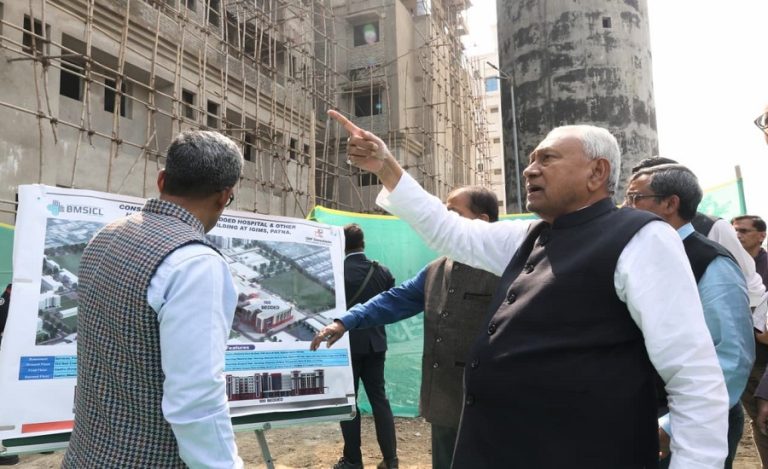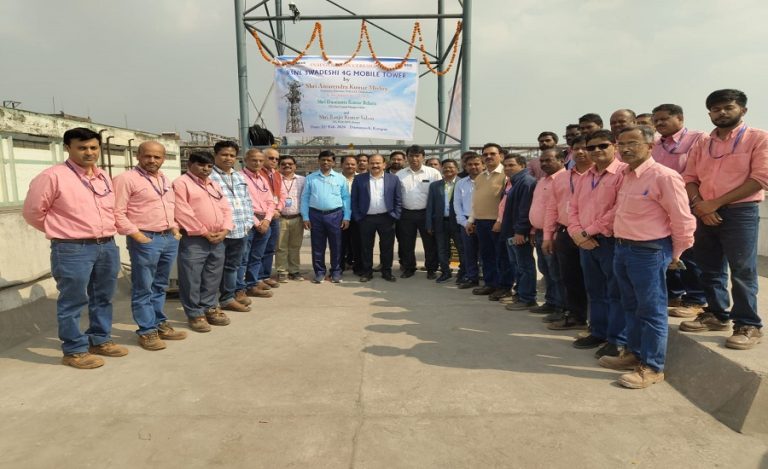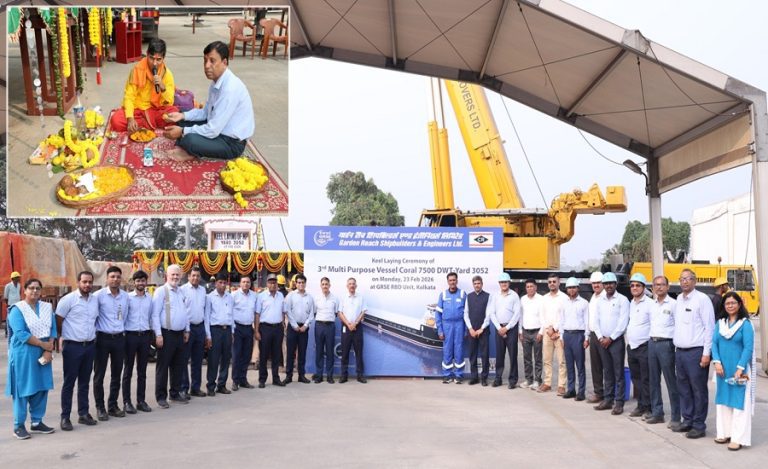New Delhi: As the Union Public Service Commission (UPSC) marks a century of shaping India’s civil services, the prestigious institution is poised to enter a transformative phase by integrating cutting-edge Artificial Intelligence (AI) into its evaluation and administrative processes. This shift aims to accelerate exam evaluation, improve feedback quality, and enhance administrative efficiency, while maintaining human oversight and fairness.
AI-Powered Evaluation: Revolutionizing the UPSC Mains Exam
For decades, the UPSC Civil Services Examination (CSE) has been one of India’s toughest and most respected competitive exams. While the preliminary stage, being multiple-choice based, benefits from computer-assisted evaluation, the essay-based Mains exam relies heavily on manual evaluation by domain experts. This traditional process often results in prolonged wait times for results, causing anxiety among lakhs of aspirants nationwide.
In a significant reform initiative, the UPSC is developing an in-house ChatGPT-like AI system to assist in the evaluation of answer scripts. This system is designed to provide immediate AI-driven feedback on Mains answers while ensuring that human evaluators retain control, reviewing answers with fairness, empathy, and nuanced understanding that AI alone cannot replicate.
Such real-time, constructive feedback could revolutionize the preparation process, enabling aspirants to learn and improve swiftly, turning evaluation into an interactive and transparent experience.
In-House AI for Confidentiality and Efficiency
A senior UPSC official, speaking to ThePrint, revealed that while existing AI platforms like ChatGPT could be leveraged, confidentiality concerns related to sensitive examination and service records necessitate the development of a proprietary AI system.
The new AI tool will be trained on existing rules governing service cases, including promotions and punishments, enabling it to provide summary recommendations based on detailed case files. These files currently span several years and require painstaking manual review, which the AI aims to streamline.
Despite its capabilities, the AI’s role will remain advisory, with final decisions entrusted to human discretion to preserve accountability and prevent bias.
Digitization and Infrastructure Challenges
One major hurdle in implementing AI-driven processes is the lack of full digitization of official files, many of which exist only as handwritten or scanned documents. The UPSC is actively working on digitizing these records to facilitate smoother AI integration.
Additionally, the commission plans to scan Mains answer sheets, enabling multiple examiners to review different sections simultaneously without physical transfer delays. This could significantly reduce evaluation time and logistical complexities.
Broader Tech Reforms in UPSC’s Centenary Year
The AI initiative forms part of a broader push toward technology adoption within UPSC. Last week, ThePrint reported that the commission has developed a face authentication app in collaboration with the National e-Governance Division (NeGD). This app aims to curb impersonation and fraud during exams and will be piloted on 14 September during the National Defence Academy and Naval Academy Examinations.
Such reforms underscore UPSC’s commitment to modernizing India’s civil service recruitment while upholding transparency and fairness.
Balancing Innovation and Ethical Concerns
While AI promises greater efficiency, concerns around privacy, data security, and algorithmic bias remain. Critics argue that AI may struggle to fully understand the nuance, creativity, and context-specific reasoning embedded in human answers.
The commission’s cautious approach—prioritizing human oversight—reflects a recognition of these challenges and a desire to strike the right balance between innovation and integrity.
Looking Ahead: A New Chapter for India’s Civil Services?
As UPSC celebrates 100 years of excellence, its adoption of AI-driven evaluation and administrative reforms could mark the beginning of a new era in civil services recruitment. Faster feedback loops, reduced delays, and enhanced candidate experience may redefine how lakhs of aspirants prepare for and navigate one of India’s most demanding examinations.
Could this be the future of UPSC? The nation watches closely.
What are your thoughts on AI in UPSC exams? Would immediate AI feedback help or hinder your preparation? Share your views in the comments below.



























